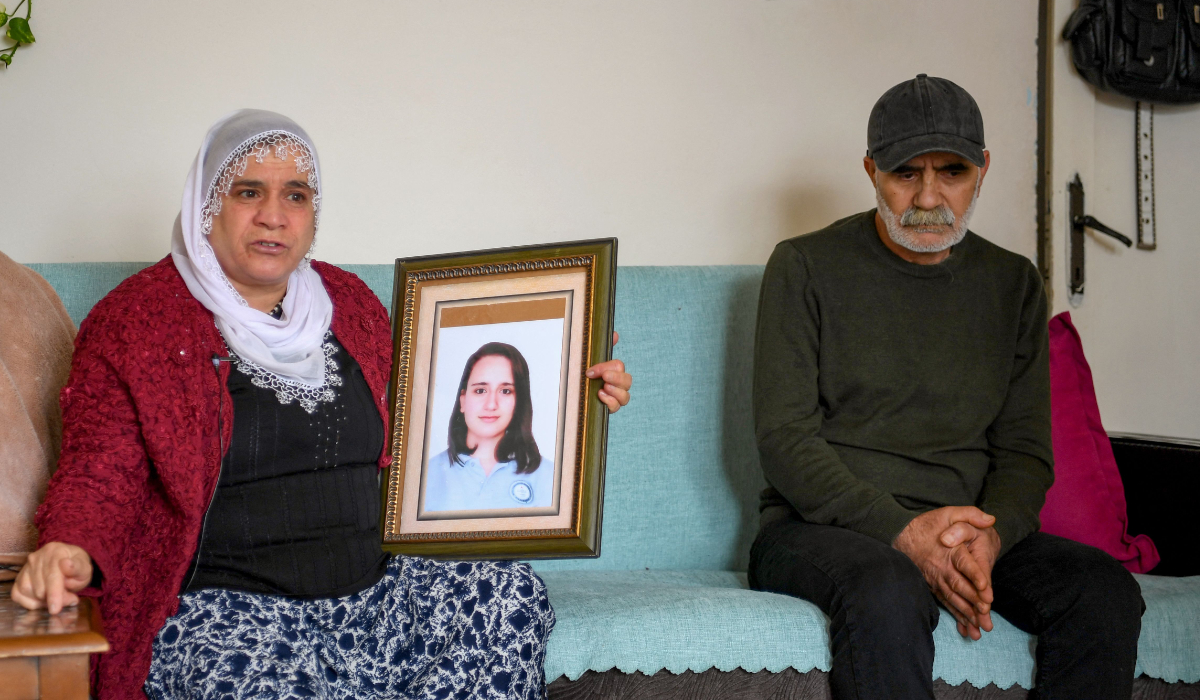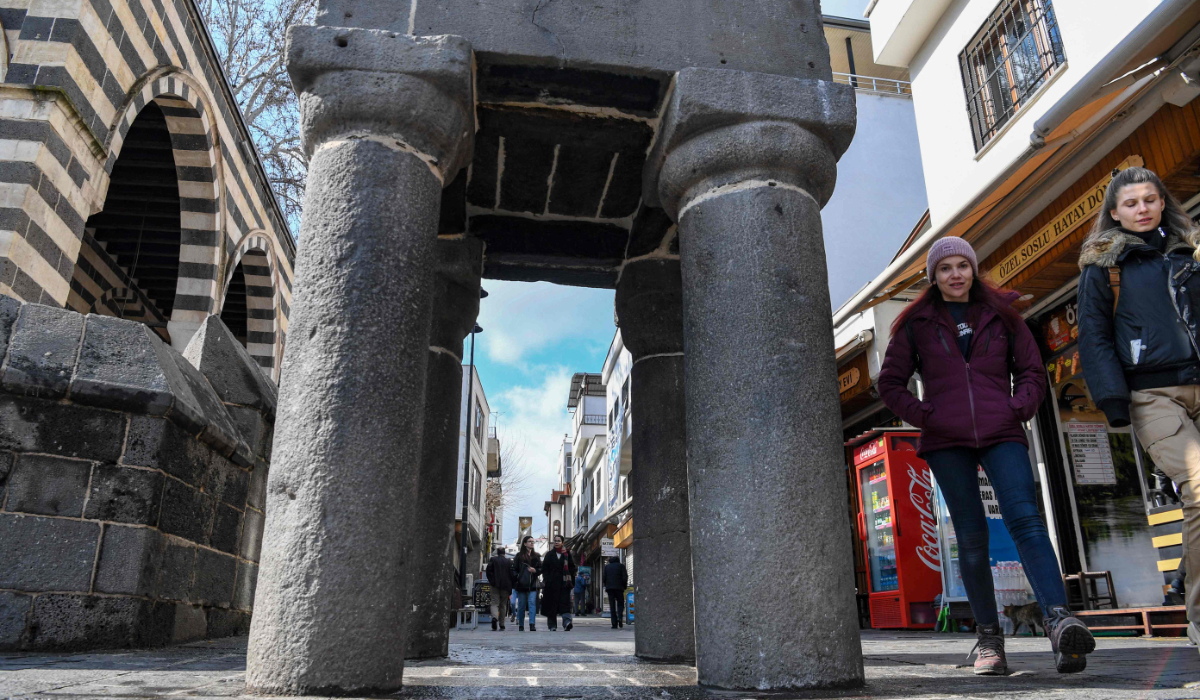BEIRUT: The new Lebanese parliament has narrowly elected MP Nabih Berri, 84, as its speaker for a seventh term.
Tuesday’s result was unsurprising given that Berri was the only Shiite candidate for this position, but his 65 votes out of 128 was his lowest since his first election in 1992.
The secret ballot was broadcast live, during which 23 MPs cast a blank vote while 40 others voted against Berri and their votes were deemed invalid.
Some invalid votes cast by reformist MPs bore phrases such as “justice for the victims of the Beirut port explosion, justice for the depositors, justice for the victims of the death boats, justice for the victims of the parliament guard and justice for raped women.”
These votes carried strong messages, particularly because Berri’s bloc includes two MPs accused of being involved in the Beirut port explosion.
The four MPs of the Lebanese Phalange Party voted “justice for Lokman Slim,” a researcher and academic opposed to Hezbollah who was assassinated in February 2021 in southern Lebanon after receiving direct threats from Hezbollah. The investigation is still inconclusive. The assailants remain unknown.
The real battle was over the position of the deputy speaker, who should be from the Greek Orthodox sect as per the sectarian political system.
Running for this position were the Free Patriotic Movement’s candidate, Elias Bou Saab, and the independent candidate and surgeon Ghassan Skaf, who was backed by the Democratic Gathering bloc.
The votes had to be cast twice since no one had the majority, but Bou Saab ended up winning, replacing former Deputy Speaker Elie Ferzli, whose loss in the parliamentary elections was resounding.
A political observer noted: “The results showed the division within parliament, as no political party has the absolute majority, and Berri needed the votes of Druze leader Walid Jumblatt’s bloc to secure his position. It also became clear after counting the votes that the FPM bloc, which opposes Berri, slipped him some of its votes.”
Bou Saab’s victory was obtained with the help of the votes of Berri’s MPs and the votes of independent MPs, most of whom are Sunnis, while the votes of the Democratic Gathering bloc and seven reformist MPs were cast in favor of Skaf.
Bou Saab won in the first round with 64 votes, but he did not get an absolute majority. In the second round, 65 MPs voted for him.
Hezbollah and its allies lost the majority they previously enjoyed and 13 reformist MPs wishing to fight corruption made it in the recent parliamentary election held on May 15.
Berri, declared himself the winner and said: “Apart from calculating the majority for this or that party, let us be 128 MPs in a parliament that establishes civil peace and national unity, and does not neglect Lebanon’s sovereign rights in its water and oil wealth.
“The weapon of obstruction available to parliament will only lead to a major crime against the nation, which is dying before everyone’s eyes.”
He added: “We need to carry out our constitutional duties on time, to avoid a vacuum,” in reference to designating a prime minister to form a new government to succeed Najib Mikati’s caretaker government and electing a new president, since Michel Aoun’s term ends in October.
The reformist MPs entered parliament following protests held by the families of the victims of the Beirut port explosion near the site of the explosion. “Revolution in the heart of parliament,” the protesters chanted.
The reformist MPs wore a small wooden pin on their chests that read: “We will not forget Aug. 4, 2020,” and entered parliament in casual clothing, with some wearing sneakers.
The protesters then gathered in Martyrs Square, where the fist sign of the revolution was erected after the supporters of Amal and Hezbollah burned it during the announcement of the results of the parliamentary elections.
Parliament was opened to sessions for the first time after the Beirut port explosion and the pandemic, amid strict security measures by the army and internal security forces.
Although Berri had asked his supporters Monday to avoid celebratory gunfire, central Beirut and the southern suburbs were ignited by the sounds of bullets and rocket-propelled grenades from supporters of the Amal movement after its leader declared victory. Hundreds also gathered in front of his residence in Beirut to congratulate him.






























